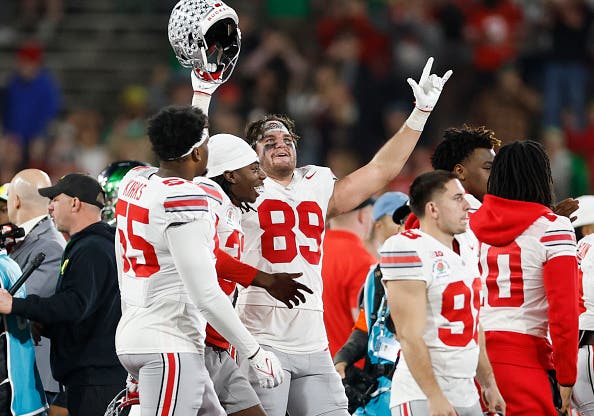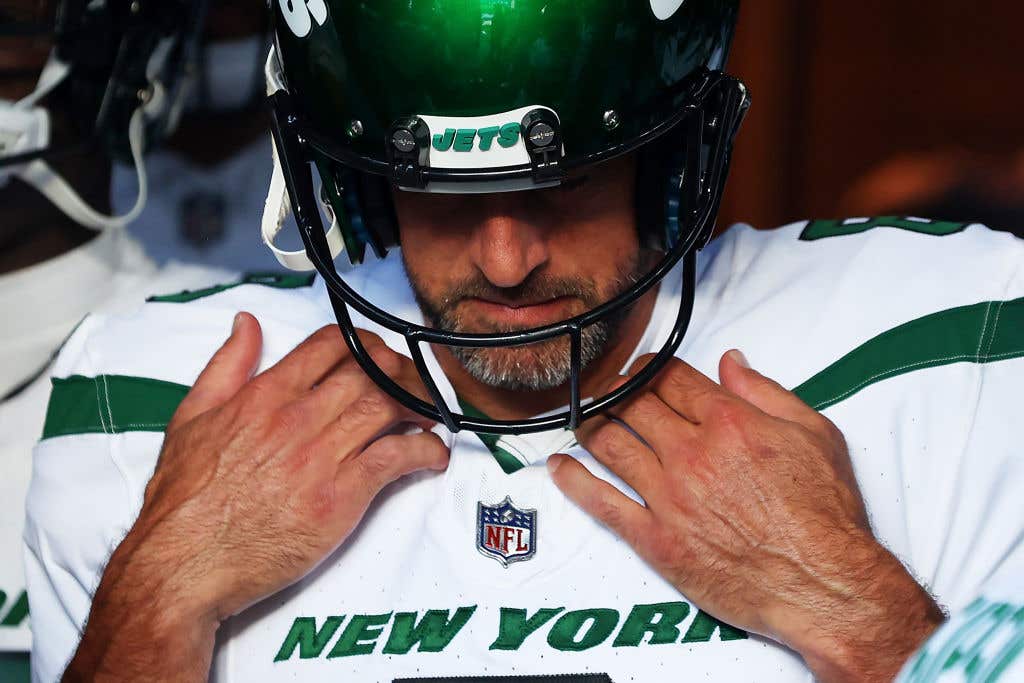
“Read to make yourself smarter! Less judgmental. More apt to understand your friends' insane behavior, or better yet, your own.”
John Waters, Role Models
Children and teens looking to understand their ‘different’ family or their feelings about a sibling with autism spectrum disorder can often find their thoughts and emotions reflected in the pages of a book. A well-written story read aloud can help younger kids understand a new classmate or potential friend. Autistic children may see themselves in a fictional character. So many books – how do you find the ones that are best suited to your children?
The answer is obvious. ‘Ask the librarian,” says John Crimmins, Children’s Librarian at the Free Library of Philadelphia. A parent to two autistic children, John relies on professional librarian listservs and his own research to find books about autism spectrum disorder, both fiction and non-fiction.
According to Crimmins there are several ways parents – and teens – can vet the thousands of titles available online. “Get titles,” he suggests. “Then go to a place where you can actually look at the books. Go to your local bookstore or library and thumb through it.” He also recommended the group wrongplanet.net. A web community for individuals with Autism, Asperger’s Syndrome, ADHD, PDDs, and other neurological differences, the site also has forums and a parenting site where you can ask for reviews and suggestions.
How do you know if you’re getting accurate or community acceptable information? Crimmins suggests checking the copyright date first. “Remember,” he notes as an example, “No library keeps a medical book after five years because they go out of date so quickly!” He also suggests looking for ‘buzz’ words in the text, outdated or discounted ideas will stand out.
Another resource he also recommends is wrongplanet.net. A web community for individuals with Autism, Asperger’s Syndrome, ADHD, PDDs, and other neurological differences, the site also has forums and a parenting site where you can ask for reviews and suggestions. Some of the books he’s discovered include fiction such as Rules, by Cynthia Lord, M is for Autism, by The Students of Limpsfield Grange School and Vicky Martin and Mockingbird, by Kathryn Erskine. In non-fiction he recommends The Autism Acceptance Book: Being a Friend to Someone With Autism, by Ellen Sabin and Look Me in the Eye: My Life with Asperger's and Be Different: My Adventures with Asperger's and My Advice for Fellow Aspergians, Misfits, Families, and Teachers, by John Elder Robison.
What about books for the youngest set? “They’re a little out of date, but there’s a series of books that includes ‘All Cats Have Asperger Syndrome’ (by Kathy Hoopmann, 2016) and ‘All Dogs Have ADHD’ that talk about how people can react to you, trying to make it more understandable. It’s geared to the child but it would also be useful reading to a group.” He also suggests ‘My Brother Sammy is Special’ (by Becky Edwards, 2012), aimed at 4 to 8-year-olds who are becoming aware of a sibling’s difference. Additional titles may include All My Stripes: A Story for Children with Autism, by Shaina Rudolph and Danielle Royer, I See Things Differently: A First Look at Autism, by Pat Thomas, Benny Doesn't Like to Be Hugged, by Zetta Elliott and Red, a Crayon’s Story, by Michael Hall.
For books geared to an ASD reader Crimmins suggests The Survival Guide for Kids with Autism Spectrum Disorders (And Their Parents), by Elizabeth Verdick and Elizabeth Reeve M.D. , Asperkids: An Insider's Guide to Loving, Understanding and Teaching Children with Asperger Syndrome, by Jennifer Cook O'Toole and Liane Holliday Willey, The Asperkid's (Secret) Book of Social Rules: The Handbook of Not-So-Obvious Social Guidelines for Tweens and Teens with Asperger Syndrome, by Jennifer Cook O'Toole and Brian Bojanowski and Asperger's Rules!: How to Make Sense of School and Friends, by Blythe Grossberg.
Of course every child or young adult has their own tastes and interests. There are hundreds of titles waiting to be discovered. “There’s a saying in the autism community: “If you’ve met one autistic person…you’ve met one autistic person.” He reminds us. Kids with autism are like every other kid: they are individuals with their own quirks, habits, likes, and dislikes. A willingness to accept and celebrate these kids for who they are is, far and away, the most important thing to keep in mind.
Lora Lewis is a multi-platform content creator who covers a wide variety of topics and loves the art of conversation.





